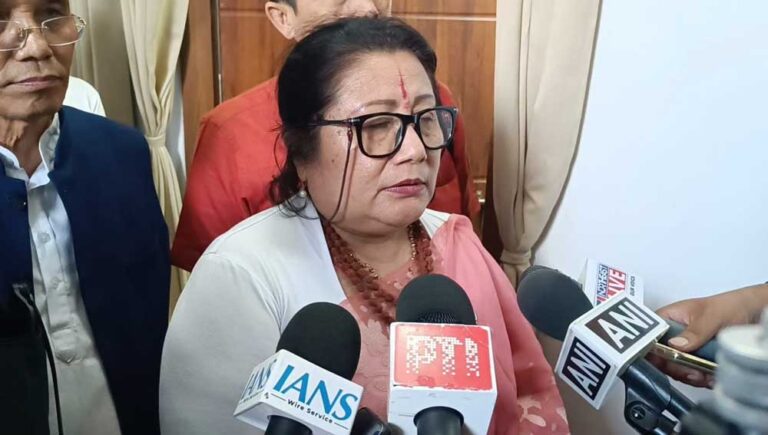Manipur High Court Goes Digital: Chief Justice Inaugurates Campus Wi-Fi & Tour Programme Management System
Justice Kempaiah Somashekar, Chief Justice of the High Court of Manipur, formally inaugurated a Campus Wi-Fi facility and a digital Tour Programme Management System at the High Court Complex in Imphal. The launch — held at the lobby of Court Room No. 1 — was attended by fellow judges, senior registry officials and leaders of the Bar. The Chief Justice highlighted how Wi-Fi, mini data centres, e-filing and related IT tools are part of a larger push to modernize justice delivery and comply with the Supreme Court’s guidance on court connectivity.
Who launched what — the basics
At the inauguration held on August 28–29, 2025, Chief Justice Kempaiah Somashekar switched on the Campus Wi-Fi and launched the Tour Programme Management System in the High Court complex. The ceremony included colleagues from the bench — Justice A. Bimol Singh and Justice A. Guneshwar Sharma — plus the Director of Manipur Judicial Academy and the Registrar General, among others. The event underlined the court’s commitment to digital infrastructure that supports not just judges but the entire legal ecosystem: advocates, litigants, registry staff and the public.
Chief Justice Somashekar’s statement during the event stressed that connectivity is foundational to all e-initiatives; he explicitly connected the Wi-Fi rollout to the Supreme Court’s push for connectivity in High Courts and district courts, and flagged the Tour Programme Management System as a tool for transparency and accountability in judicial administration. That’s shorthand for “less paperwork, fewer missing travel approvals, clearer audit trails.”
Frequently Asked Questions (FAQs)
1) Who inaugurated the Campus Wi-Fi and the Tour Programme Management System at the High Court of Manipur?
Justice Kempaiah Somashekar, the Chief Justice of the High Court of Manipur, inaugurated both facilities during a ceremony at the High Court Complex. The event was attended by other judges, registry officials and leaders of the Bar.
2) What practical benefits will the Campus Wi-Fi bring to litigants and lawyers?
The Wi-Fi provides authenticated, high-speed connectivity across the court campus, enabling reliable access to online case records, e-filing portals, video conference hearings and legal research resources — reducing delays and the need for repeated physical appearances
3) How does the Tour Programme Management System improve judicial administration?
TPMS digitalizes travel requests, approvals, expense tracking and scheduling for judicial tours, increasing transparency, speeding approvals and creating auditable records — which reduces paperwork and potential misuse.
4) Is the Manipur High Court’s Wi-Fi open to the public?
The court has indicated the Wi-Fi will serve multiple stakeholders (judges, bar, litigants, public help desks) and that secure, authenticated access methods (such as OTP) are part of the rollout — balancing access and accountability.
5) What are the main risks the court should manage after this rollout?
Top risks include cybersecurity threats (phishing, ransomware), ensuring reliable redundancy and uptime, bridging the digital divide for litigants, sustained funding for operations, and comprehensive training for users to move from paper to digital workflows.



